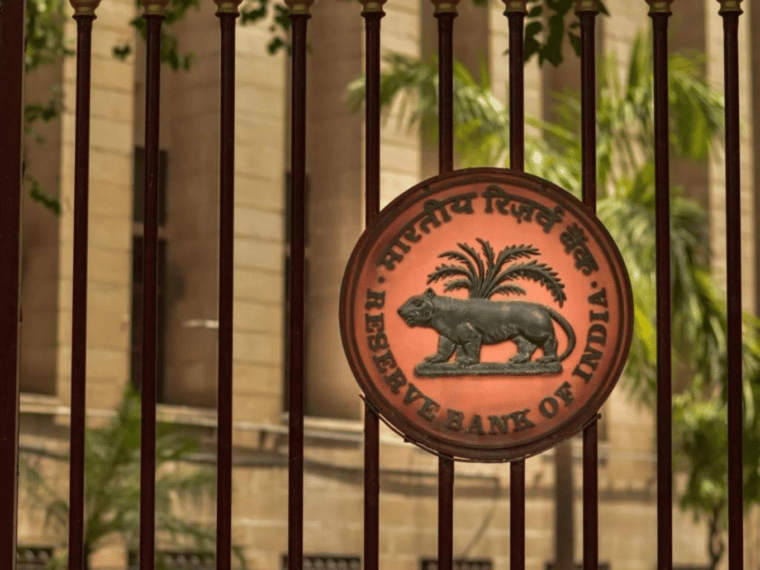
In a circular, the RBI said the increase in e-mandate for recurring payments to INR 15,000 would come into effect immediately
Earlier this month, the central bank announced the increase in the limit for recurring payments to INR 15,000 from INR 5,000
With the hike in limit, customers can schedule automated debits up to INR 15,000 without the need for an additional factor of authentication
The Reserve Bank of India (RBI) on Thursday (June 16) said that the increase in e-mandate limit for recurring payments to INR 15,000 would come into effect immediately.
“On a review of implementation of the e-mandate framework and the protection available to customers, it has been decided to increase the aforesaid AFA (additional factor of authentication) limit from INR 5,000/- to INR 15,000/- per transaction,” the RBI said in a circular, adding that the circular shall come into effect immediately.
Earlier this month, RBI Governor Shaktikanta Das announced the increase in the limit for recurring payments to INR 15,000 from INR 5,000 earlier.
The RBI’s new regulations on e-mandates became effective in October last year. The rules pertain to recurring payments via cards and stipulated that subscriptions of over INR 5,000 will have to be processed with a one-time password (OTP).
Besides, card issuers need to send a pre-transaction notification to the cardholder at least 24 hours before any automated debit.
With the increase in this limit for recurring payments, customers can now schedule automated debits up to INR 15,000 without the need for AFA.
While announcing the hike in the e-mandate limit this month, the RBI said that 6.25 Cr mandates were registered including those related to more than 3,400 international merchants.
The rules had created a furore last year after many people complained of issues with their recurring payments under the new regulations.
In response to the new rules, tech giant Apple stopped accepting credit and debit cards in India for buying apps and subscription services.
“Regulatory requirements in India apply to the processing of recurring transactions. If you hold an Indian debit or credit card and you have a subscription, these changes impact your transactions. Some transactions might be declined by banks and card issuers,” the company said, adding that its users can make payments through UPI, net banking and Apple ID balance.
The central bank has been tightening rules to make card transactions more safer. It also came out with guidelines for card tokenisation in 2020 to make card transactions more secure. The deadline for implementing the card tokenisation framework has been extended twice and will come into effect from July 1, 2022.































 Ad-lite browsing experience
Ad-lite browsing experience